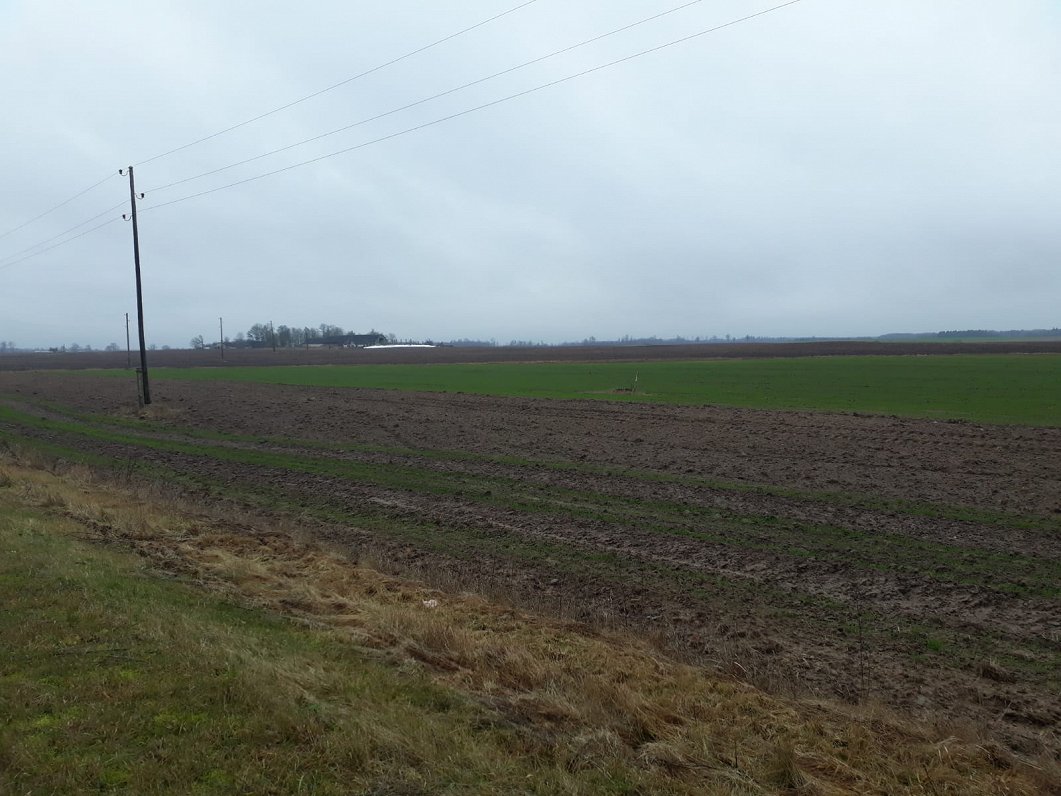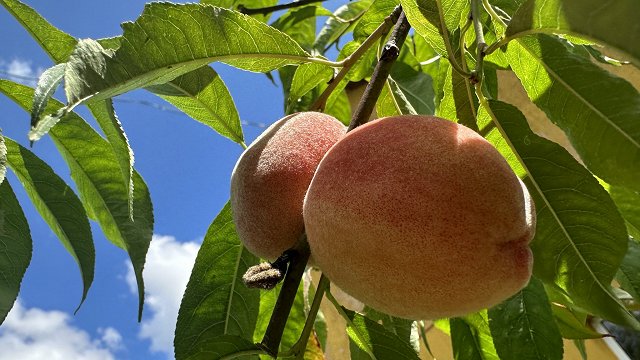December hasn't been very convincing in terms of winter, especially in Kurzeme. Winters are starting later and ending later, and when it rains when it should be snowing farmers have to think about flooded drainage ditches in the winter, and where to get water in the summer. Latvian December is beginning to more closely resemble what the weather used to be like in March or April.
Ligita Rezgale is one of the most experienced agronomists and fruit growing specialists in the Saldus region. She has been growing fruit at the Mucenieki farm in the Jaunlutriņu district for 25 years. “Each year the cold and winter, as understood in a traditional sense in Latvia, moves more toward spring. Now we can see with the last few winters that before the New Year, there is practically no snow. It's very rare, and only for a few days. But in April flowers should be blooming and hazel trees flourishing, then it's the real cold and snow,” said Rezgale.
“The comparatively warm weather and rain, which hasn't turned into snow, affects the processes – gradually fills the fields. Unfortunately the water sits on the fields, even the majority have drainage,” said the specialist.
Latvian Rural Advisory and Training Centre Agricultural Department Senior Specialist Māris Narvils points out these processes are especially apparent in Kurzeme and seaside regions. “If it all comes down in the form of rain, it nicely flows away, and in the spring nothing is left. The drainage continues and we realize the next problem, that in the spring everything is dry,” said Narvils.
“After being planted the plants feel the lack of moisture and we're forced to think about expensive irrigation technologies, investing resources to compensate,” said the specialist.
The rain also affects plowed fields with no vegetation. The soil is degraded both literally and figuratively. Parts of the soil get washed away.
“It ends up with a worse structure in the spring after all the nutrients have been washed away with the water. In this way we lose important things,” said Narvils.
“The minimum we should do – for the winter we need cultivated plants or intercropping, which could slow down these processes so that the washing away wouldn't occur,” he continued. Narvils said that climate changes will create increasingly greater headaches for traditional farming systems. Another way must be found to save the harvest and not crate a desert.
The warmest weather without snow is most frequently observed in Kurzeme and near the sea, where snow and frost have been a temporary phenomenon.






























